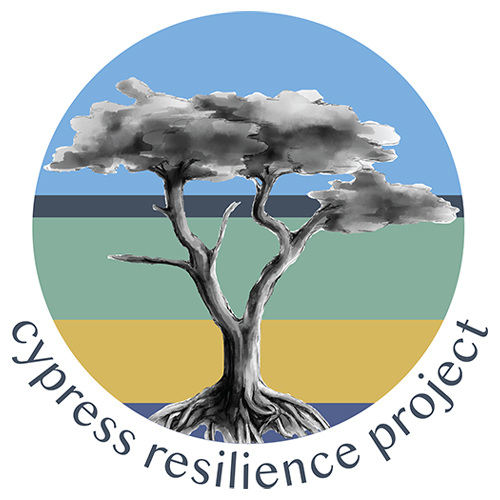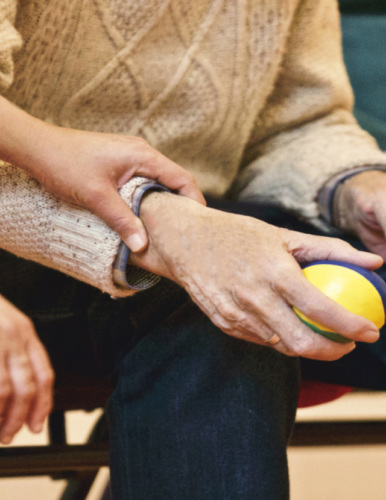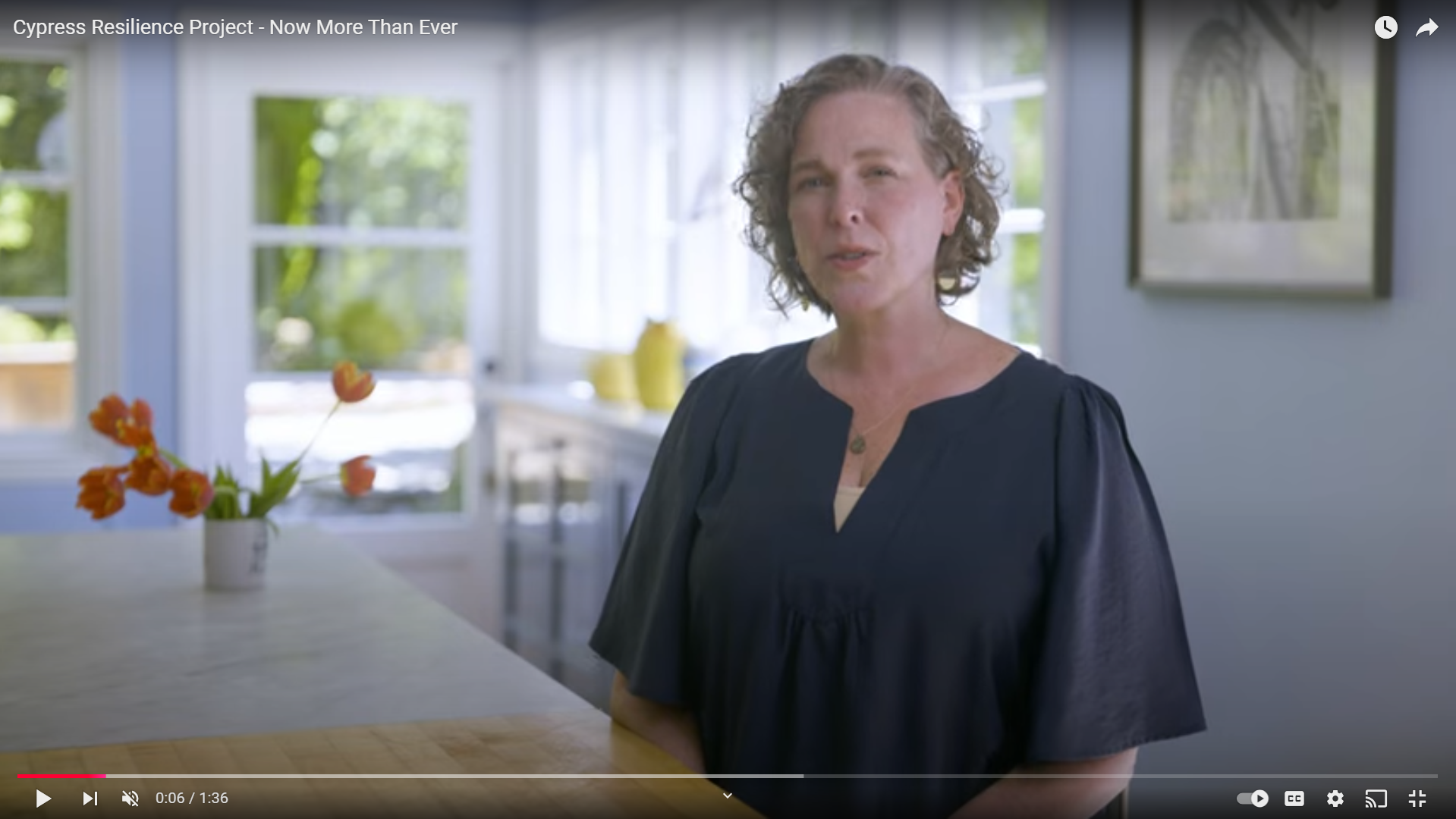
Cypress Resilience Project

Cypress Resilience Project provides training to support the inherent resilience of individuals and communities who are managing trauma, experiencing grief and navigating mental health challenges. Trainings offered include Mental Health First Aid Certification (Adult, Youth, and Teen curricula) as well as workshops on trauma and grief.
-
Focus Areas
Alcohol, Tobacco, Drugs & Mental Health, Capacity Building & Leadership -
Issues
Adverse Childhood Experiences, Mental Health -
Expertise
Curriculum Development, Health Education & Promotion, Technical Assistance -
Strategic Initiatives
COVID-19
Our Impact
See all Cypress Resilience Project Impacts
- 5.5K people certified to provide mental health interventions & services in high-need communities from 2020-2023
- 1.2K trainings conducted, serving a total of 18K+ people
- 96% of Mental Health First Aid participants reported that the training was helpful to them personally or professionally
Projects
Active Projects
- Tracing Health Contact Tracer & Supervisor Training
-
Contact tracing involves connecting with people in high need communities who are disproportionately impacted by COVID-19. It is likely that the act of contact tracing will uncover other issues affecting an individual and family, including mental health challenges and trauma. This project ensures PHI’s Tracing Health contact tracers and supervisors have the skills they need to identify and manage an emerging crisis during an encounter.
- CHLP Partnership: Training and Technical Assistance for Opioid Safety Coalitions
-
In partnership with PHI's Center for Health Leadership and Practice, Cypress Resilience Project is providing Mental Health First Aid certification, trauma-informed practice training and technical assistance to its California Opioid Safety Network coalition members.
Completed Projects
- Community Connection: Disrupting Loneliness and Social Isolation to Support Resiliency and Improve Health
-
Cypress Resilience Project recognizes that social isolation and loneliness have negative health consequences. The project is working to disrupt this cycle with connective trainings that address mental illness, substance use and trauma. The project trains high-need populations in Mental Health First Aid and trauma-informed systems, working to destigmatize the mental health challenges and traumas keeping our community members isolated from one another. All work is grounded in DEI best practices.
- MHFA Training for BIPOC Communities in South Alameda County
-
The goal of this project is to disrupt institutional racism and systemic barriers that work against our communities’ inherent resilience. Cypress Resilience Project will work with South Alameda County communities under the San Francisco Foundation's Koshland Program to provide Mental Health First Aid, grief recovery, and trauma training. This project is an opportunity to interrupt intergenerational trauma and promote mental health equity.
- Stronger Together - HRSA Wellness Initiative
-
This Stronger Together sub-award is a partnership with the College of Nursing at Samuel Merrit University and is intended to support nurses and health professionals experiencing burn-out and toxic stress. Cypress will be providing training and technical assistance in Trauma Informed Practices, Mental Health First Aid certification and grief recovery. The goal is to build a culture of destigmatizing accessing care and support, while creating an institutional approach to trauma informed practice as a benefit both to the training of nurses and health professionals, but also for their own wellness and sustainability in a caring profession.
Work With Us
You change the world. We do the rest. Explore fiscal sponsorship at PHI.
Support Us
Together, we can accelerate our response to public health’s most critical issues.
Find Employment
Begin your career at the Public Health Institute.








